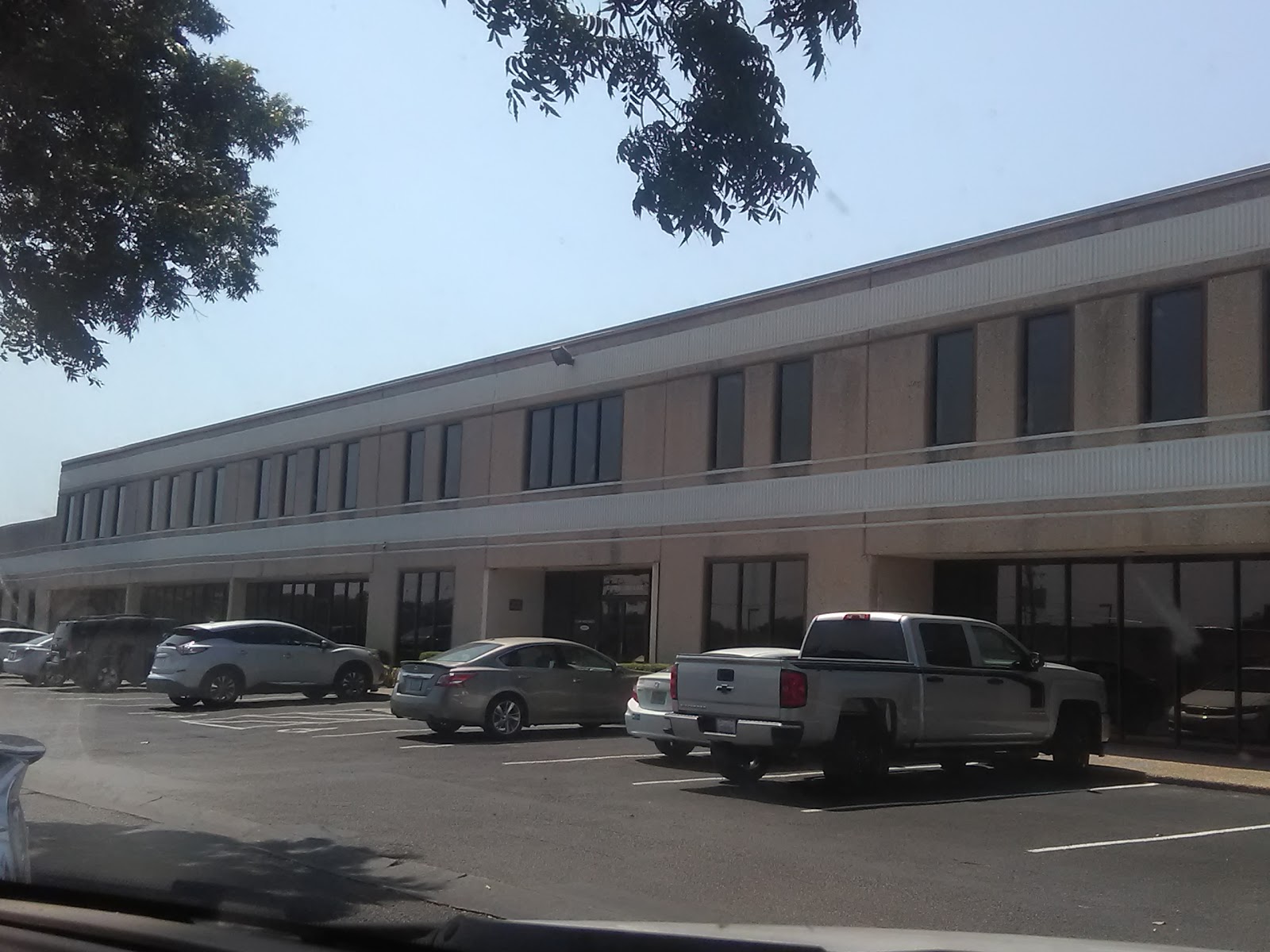Hotline for National Substance Abuse Support
24/7 Support Available, Confidential and Free of Charge
Best Alcohol & Drug Rehab Treatment Centers in Austin, Texas
When it comes to drug addiction in Austin, the numbers speak for themselves. In 2020, there were 508 overdose deaths reported in Travis County, with opioids being the primary cause. This is a heartbreaking reality, but it is one that we are committed to changing. Our website offers a comprehensive list of local facts and statistics related to substance abuse in Austin, shedding light on the severity of the issue.
On our website, you will also find a comprehensive list of treatment options available in Austin for those seeking help with their addiction. From residential treatment facilities to outpatient programs and support groups, we have compiled a variety of resources to ensure that individuals can find the right treatment for their specific needs. We understand that no two addictions are the same, and it is crucial to have access to a wide range of treatment options.
Overcoming addiction is not an easy journey, but it is possible. Our website provides valuable information on how to get started on the road to recovery in Austin. From tips on finding a support system to strategies for managing triggers and cravings, we offer practical and local insights to help individuals overcome addiction and maintain a healthy and fulfilling lifestyle.
In addition to practical information and resources, our website also presents unique insights on addiction in Austin. We explore the impact of the opioid epidemic on our community and provide information on local initiatives and organizations working towards combating drug addiction in our city.
Whether you are struggling with addiction or are a concerned loved one, our local drug addiction website in Austin is here to guide and support you. We aim to create a safe and inclusive space for everyone affected by addiction in our community, offering hope and a path to recovery. Together, let's overcome addiction and build a healthier and stronger Austin. Ready to explore more treatment centers and take the next step towards recovery? Click here to discover range of options and find the support you need on your journey to wellness. Your path to healing starts now.
Featured Treatment Centers




